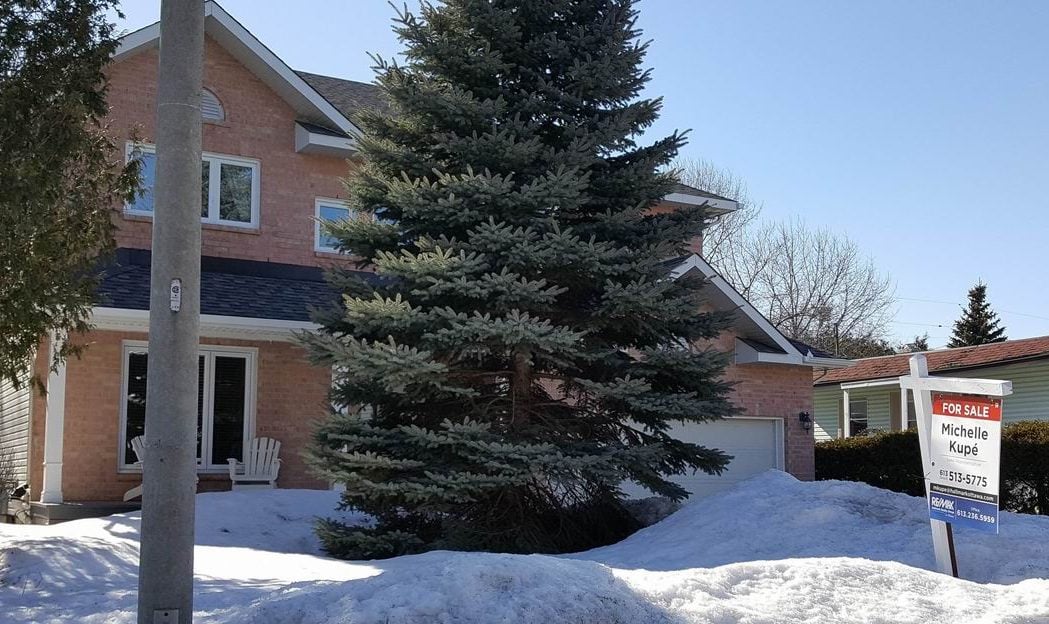After a strong start to the year, local resale numbers in March slipped significantly, according to the Ottawa Real Estate Board.
Board members sold 1,511 residential properties through the Multiple Listing Service (MLS) System. That was down 8.6 per cent compared to the 1,654 properties sold in March of last year.
Even so, last month’s results still exceeded the five-year average of 1,402 sales for March.
Tight inventory persists
“Lack of inventory is responsible for March’s deficiency in residential unit sales,” said board president Dwight Delahunt in a statement. “This tightness of supply is manifesting in significant reductions in … (days on market) and properties selling very quickly.”
Delahunt blames the inventory problem, in part, on the lack of housing options for those who want to move up. When those buyers move up, they make available the more affordable resale homes that first-time buyers are often seeking.
As well, he says the mortgage stress test, introduced by the federal government to protect buyers from overextending themselves, is limiting the number of homes move-up buyers qualify for. That, in turn, reduces the inventory open to first-time buyers.
Condo sales still ahead
The board reports that, in March, non-condo sales were down over 12 per cent compared to a year ago, while condo sales grew five per cent. That discrepancy between condo and non-condo sales continues a trend stretching back into late 2017, when tight inventory started to become a concern in the resale industry.
However, noted Delahunt, “The condo units in the entry-level range are near depletion as first-time home buyers are trying to get into the market at the lowest possible price.”
While overall sales numbers were down in March, prices weren’t. The average sale price of a non-condo property sold was $480,143, a rise of 7.2 per cent over the same month last year. The average sale price for a condominium was $290,181, an increase of 5.2 per cent over the same month last year.
Just a day after the Board released its monthly numbers, Royal LePage reported that Ottawa is now Canada’s fourth-most-expensive housing market. The company pointed to Ottawa’s healthy economy and shrinking rental supply as among the reasons the city bucked a national trend of much slower increases in housing prices in the first quarter.
Royal LePage expects the capital to have Canada’s strongest price growth in the second quarter, at 2.7 per cent.
Related
Sign up for our free home maintenance reminder service

